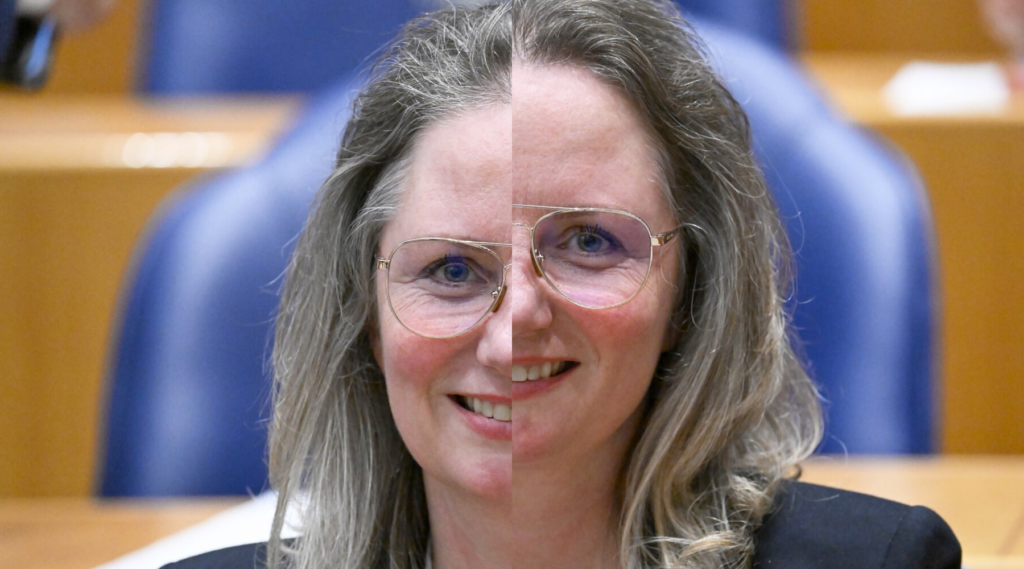Fleur Agema's 'split personality'
For more than 10 years, the Fleur Agema as MP for maintaining medical confidentiality, privacy and preserving citizens' control over their medical data.
The policy she wants to pursue as minister goes directly against this. Tuesday 22 Wednesday 23 October as. the House of Representatives debates the minister's plans and budget

National SPD
In 2011, the Senate rejected a proposal for a National EHR, in which access to all everyone's medical data was to go through a central facility. Patients' records remained with doctors, but patients depended on the central facility to control access to them. Citizens ultimately retained the right to a permission ('opt-in') because the Senate has a right to objection ('opt-out') found insufficient.
With that, however, there was still no alternative. On the contrary: then-Minister Schippers decided to transfer the technical infrastructure, the National Switch Point (LSP), to the health insurers. Under the administrative responsibility of field parties in healthcare, the LSP was further developed over the past 13 years. This gave doctors' unions, hospitals and the Patients Federation an interest as software providers.
This is precisely what MP Agema has always opposed and yet the minister (Agema) now wants to expand precisely this model, scale it up and introduce multiple 'opt-outs'.
Alternative
The mainline agreement explicitly still mentioned an alternative:
A secure, decentralised electronic patient record, including for exchange of data within healthcare, respecting privacy and data security.
This solution enables every healthcare provider to make medical data available to other healthcare providers in a targeted way, i.e. among themselves, without a switchboard in between. Patients are guaranteed that their data is only retrievable where it is relevant to their treatment and nowhere else. This is a solution for all referral-based care, over 90% of the total, and works at a fraction of the cost of a central facility.
In that case, there is almost exclusively for 'emergency care' a centralised solution is needed. Because access can be restricted to GP surgeries, ambulances and emergency rooms, security and privacy risks are perfectly manageable. In that case, an 'opt-out' makes perfect sense.
Interest politics
This alternative scenario also results in citizens and healthcare providers independent become of the ministry, health insurers, and the other field parties. Thus, the solutions they provide become significantly less relevant. This also applies to the latest services: the online consent facility 'Mitz', the hospitals' data warehouse ('Cumuluz') and a network for the 'secondary' use of data from HealthRi.
The Minister
The minister put in the proposed policy (p.62), however, only goes for a centralised solution, in line with the interests of field parties. This should then include multiple 'opt-outs', including for the European Health Data Space (EHDS). After more than 10 years of opposition to the 'opt-out', Minister Agema is not only introducing several. The question is also what real meaning these 'opt-outs' still have, if you can no longer actually 'opt out' of the system.
With one solution for everything and everyone, citizens become dependent on a gigantic institution for monitoring their most personal data where all kinds of interests other than patient care also come into play. It creates yet another 'central point of failure', with the risk that at some point no data can be exchanged at all.
MP Agema had never agreed to this. She had opted for a decentralised alternative. That shifts power to the main stakeholders in this game: patients and their healthcare providers.
See also the letter that Privacy First sent to the House of Representatives on 16 October last.
This article was also published at PONT Data & Privacy, see The 'split personality' of Fleur Agema - PONT Data&Privacy.
